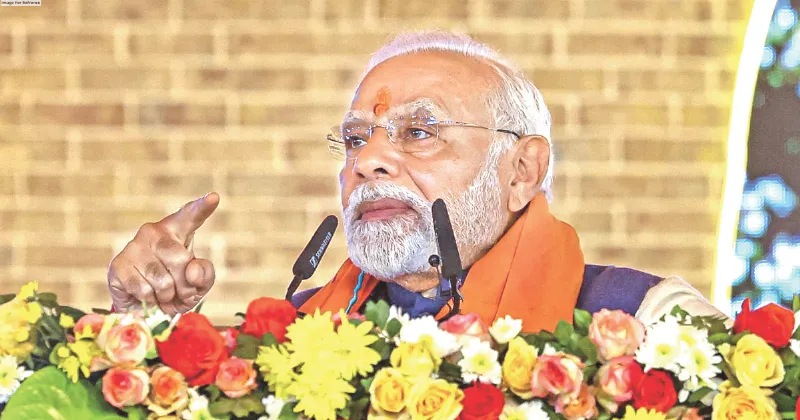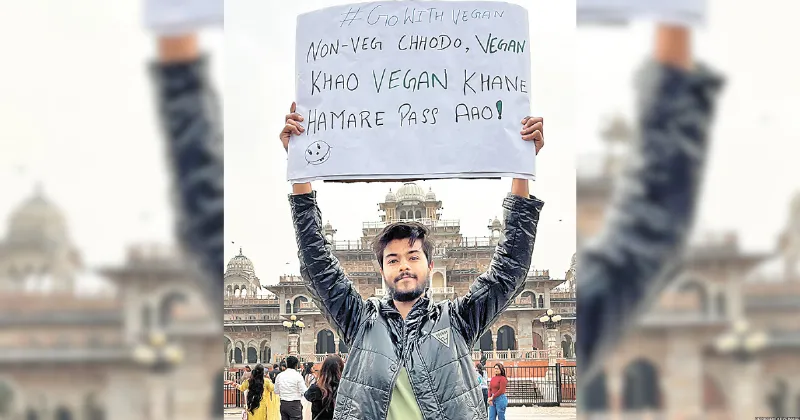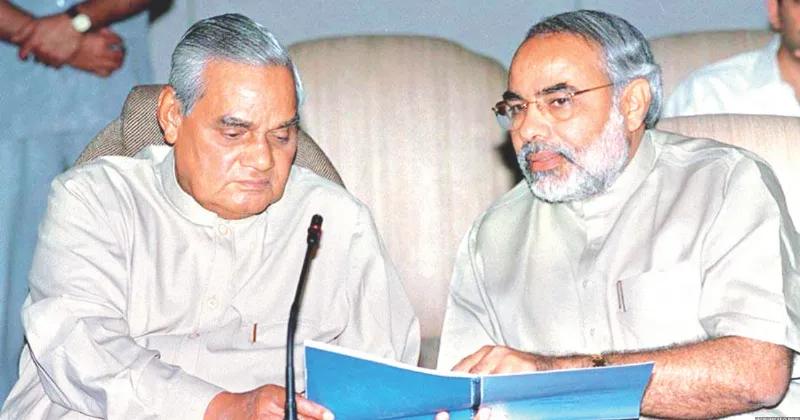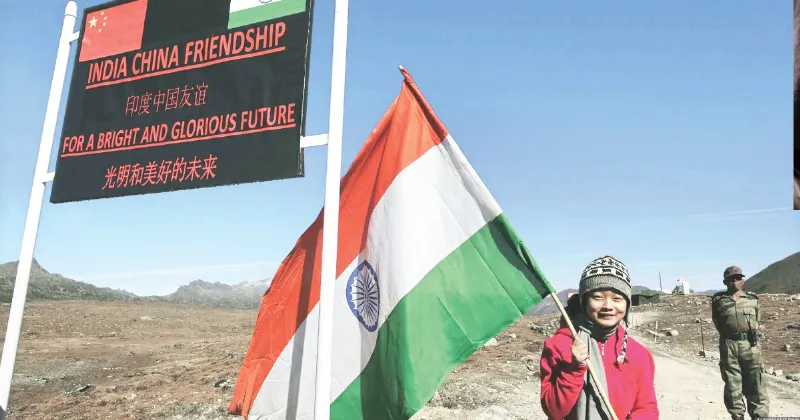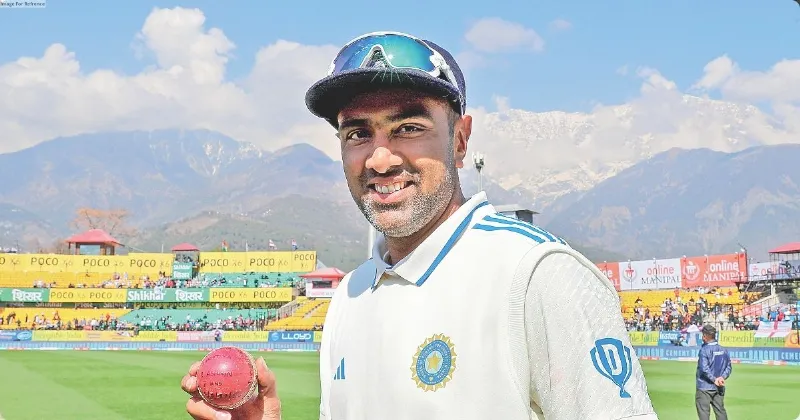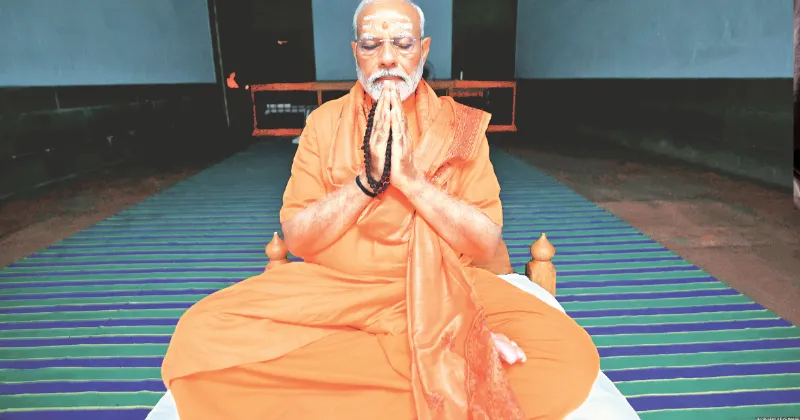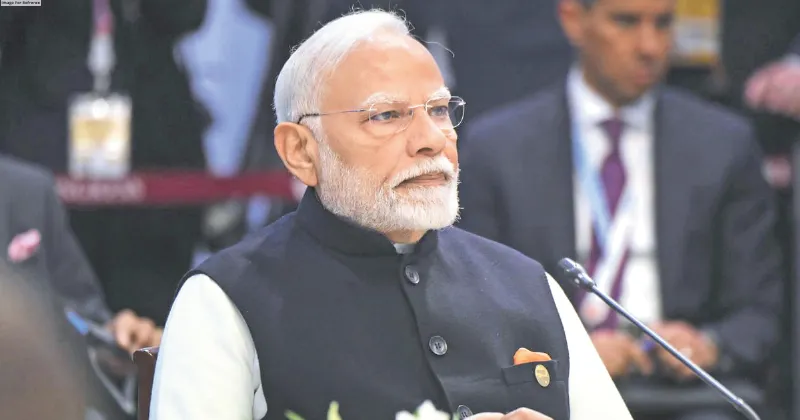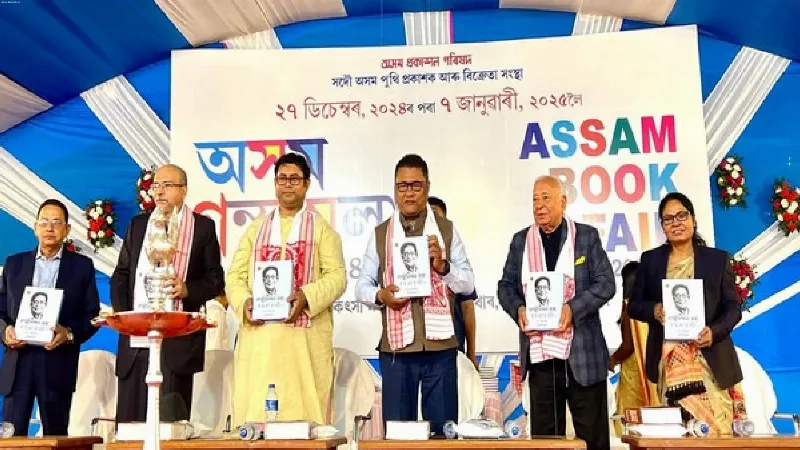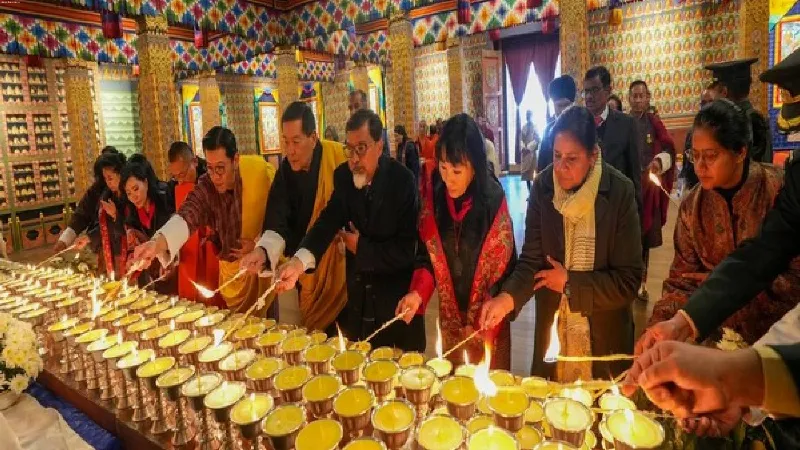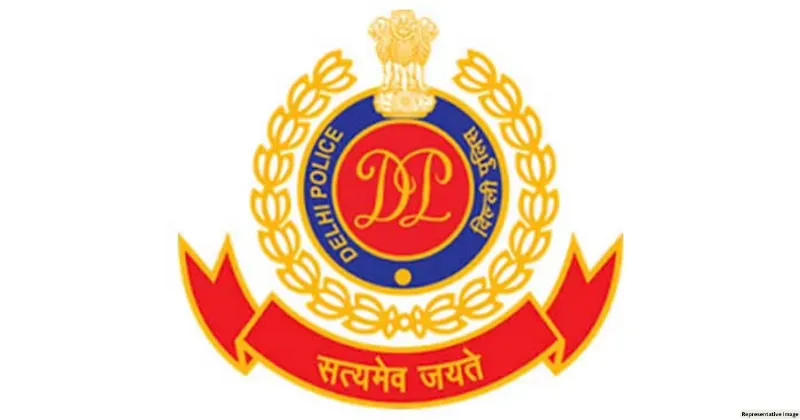Latest News
SARDAR WHO STEERED THE SHIP IN TURBULENT TIMES
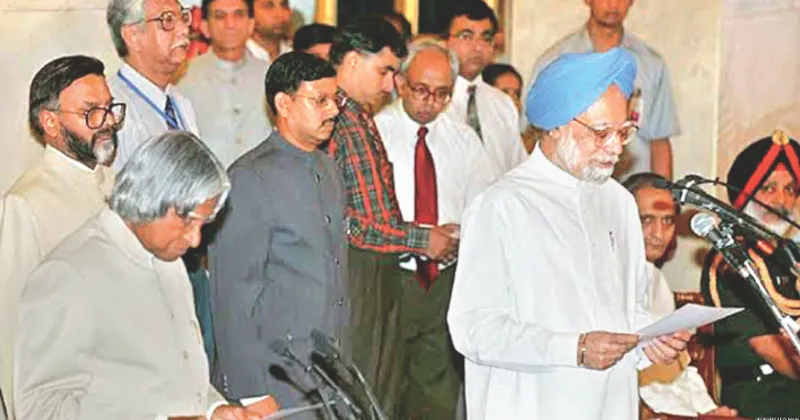
Barack Obama had once said, “When he speaks, the world listens!” and later Obama wrote in his memoir, “For the duration of his tenure as Prime Minister, I would find Singh to be wise, thoughtful, and scrupulously honest.” And it is true that one needn’t raise the rhetoric to create the decibel. For action, words are not required because actions speak louder than words.
India’s 13th Prime Minister, Dr Manmohan Singh, who passed away on Thursday at the age of 92 steered the nation’s economic growth with his intellect and silent resolve. He will always be remembered for his economic revolution and progressive changes he brought for the country. Since last night, tons of newsprint and a huge amount of cyberspace has been taken up to pay tribute to Singh. Perhaps there’s nothing more left to say now. I would like to deliberate on how the world media remembered Singh and some anecdotes which described the man and moments. The US Department of State had put out a press statement expressing condolence over the demise by calling him “one of the greatest champions of the US-India strategic partnership”. “His leadership in advancing the US-India Civil Nuclear Cooperation Agreement signified a major investment in the potential of the US-India relationship. At home, Dr Singh will be remembered for his economic reforms that spurred India’s rapid economic growth,” the US government said. Reuters described Singh as a “reluctant prime minister” who emerged as one of India’s most successful leaders. It salutes Singh for India’s rapid economic growth and also mentions the challenges faced by him as he ran a coalition government. Al Jazeera called Singh as a “mild-mannered technocrat” and a leader of great personal integrity. It also mentioned Singh’s quote which is as follows… “I honestly believe that history will be kinder to me than the contemporary media or opposition parties in parliament.” Associated Press mentioned in detail Dr Manmohan Singh’s journey in Indian politics, highlighting how the 1991 economic reforms spearheaded by him “averted a potential economic crisis” in India.
The Washington Post recalled Singh’s meteoric rise from a technocrat to PM and credited him for strengthening India-US ties. It also highlights the landmark 2005 Indo-US Civil Nuclear Agreement.” New York Times described him as a “soft-spoken” and “cerebral” leader and credited the late Congress leader for the “far-reaching changes that catapulted his country’s emergence as an economic powerhouse which was capable to stand up and compete with the might of Beijing.” In one of his most crucial roles as the finance minister, Singh had concluded his historic budget speech with a quote of a famous novelist Victor Hugo, “No power on earth can stop an idea whose time has come”.
He also borrowed the iconic line from Girija Kumar Mathur’s “Hum Honge Kaamyab” as he ended his first Union Budget speech as a finance minister in 1991. That was a fateful year for Singh and India in particular. In June 1991, while Singh was serving as the chairman of the UGC, he had received a late-night call. He had already gone to bed after returning from a conference in the Netherlands. PC Alexander a confidant of the then Prime Minister Narasimha Rao had dialled Singh and even as Singh had retired for the day, the call was answered by his son-in-law who was asked to wake up Singh. Singh was told that PM Rao had planned to appoint Singh as the finance minister. It was an extremely turbulent period and the offer was nothing but holding on to the reins of a ship in front of a tornado of crises with a fragile economy marred with a severe balance of payments crisis and a desperate need for a course correction staring at him sternly.
According to a report by The Times of India, Singh had known what he was getting into but with his clear vision and intellect, he had the solutions handy. He huddled up with the then RBI deputy governor C Rangarajan to devalue the rupee and removed export controls in partnership with then commerce minister P Chidambaram. In the first budget presented by him, Singh India witnessed getting rid of the licence-permit raj. Also, FDI was allowed in as many as 34 industries. Singh also ended public sector monopoly in several sectors and permitted disinvestment of government shareholding in state-run companies. Among other things, the budget also announced the setting up of SEBI. The budget also announced measures to “liberalise the policy regime for direct foreign investment” into India. He also announced the historic step of opening up the Indian economy to the world.
Singh took over as the FIN MIN in 1991 even as India was on the brink of financial collapse. The country’s foreign reserves were barely enough to last a couple of weeks of imports and the fiscal deficit was sky-rocketing. Economists now attribute the economic boom due to the landmark reforms of 1991. Millions were lifted out of poverty and India’s integration into the global economy became a blueprint gospel for nations that were emerging. In 2004, when the Congress-led UPA came to power, the Grand Old Party entrusted him to govern the growth he had scripted over a decade ago. Looking back on his years of massive achievements despite amid turmoil, Singh would often say, “As a nation we must remember Robert Frost’s poem, ‘But I have promises to keep and miles to go before I sleep.’”
THE VIEWS EXPRESSED BY THE AUTHOR ARE PERSONAL
Robin Roy, The writer is Senior Journalist and former Managing Editor, First India




